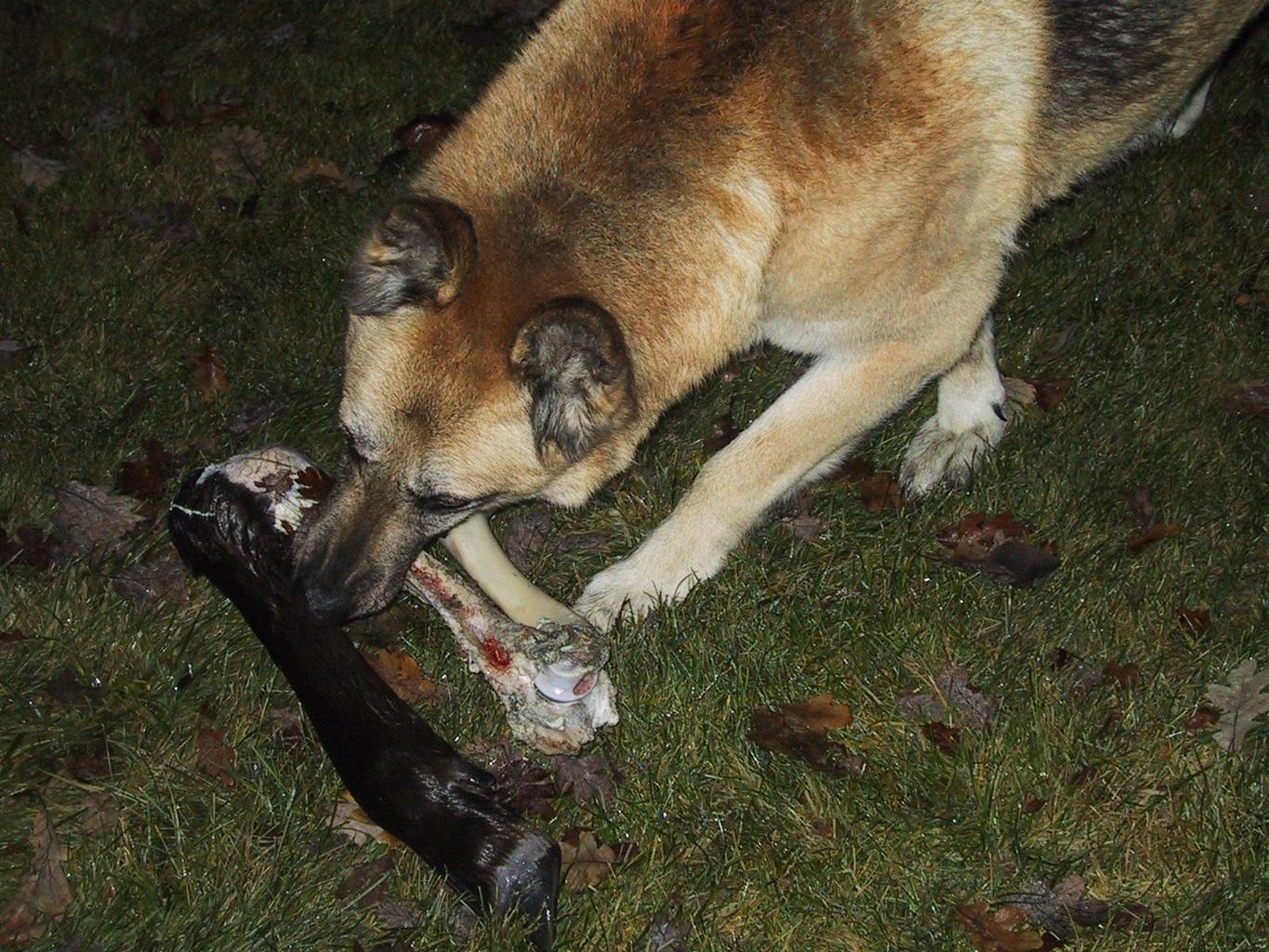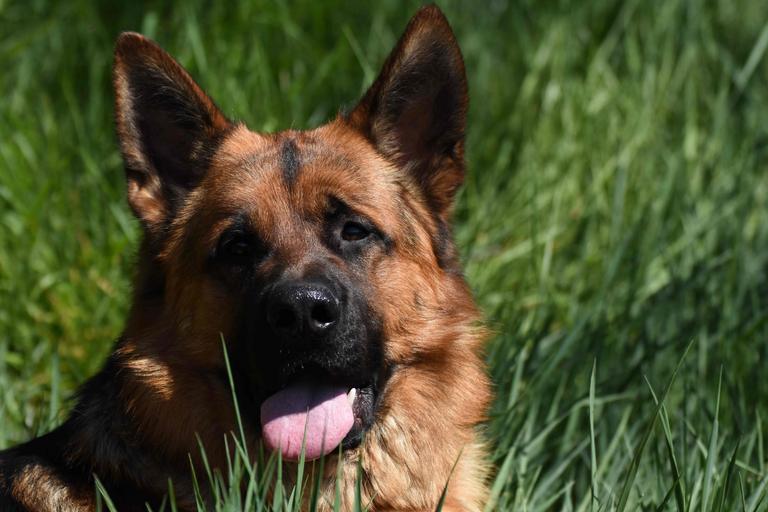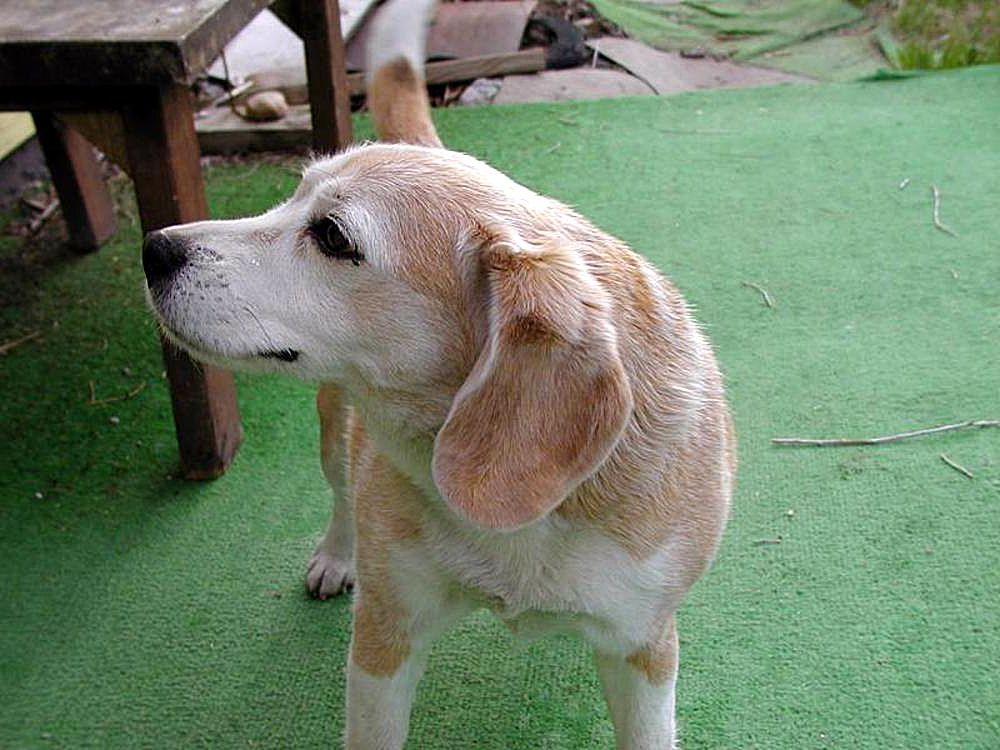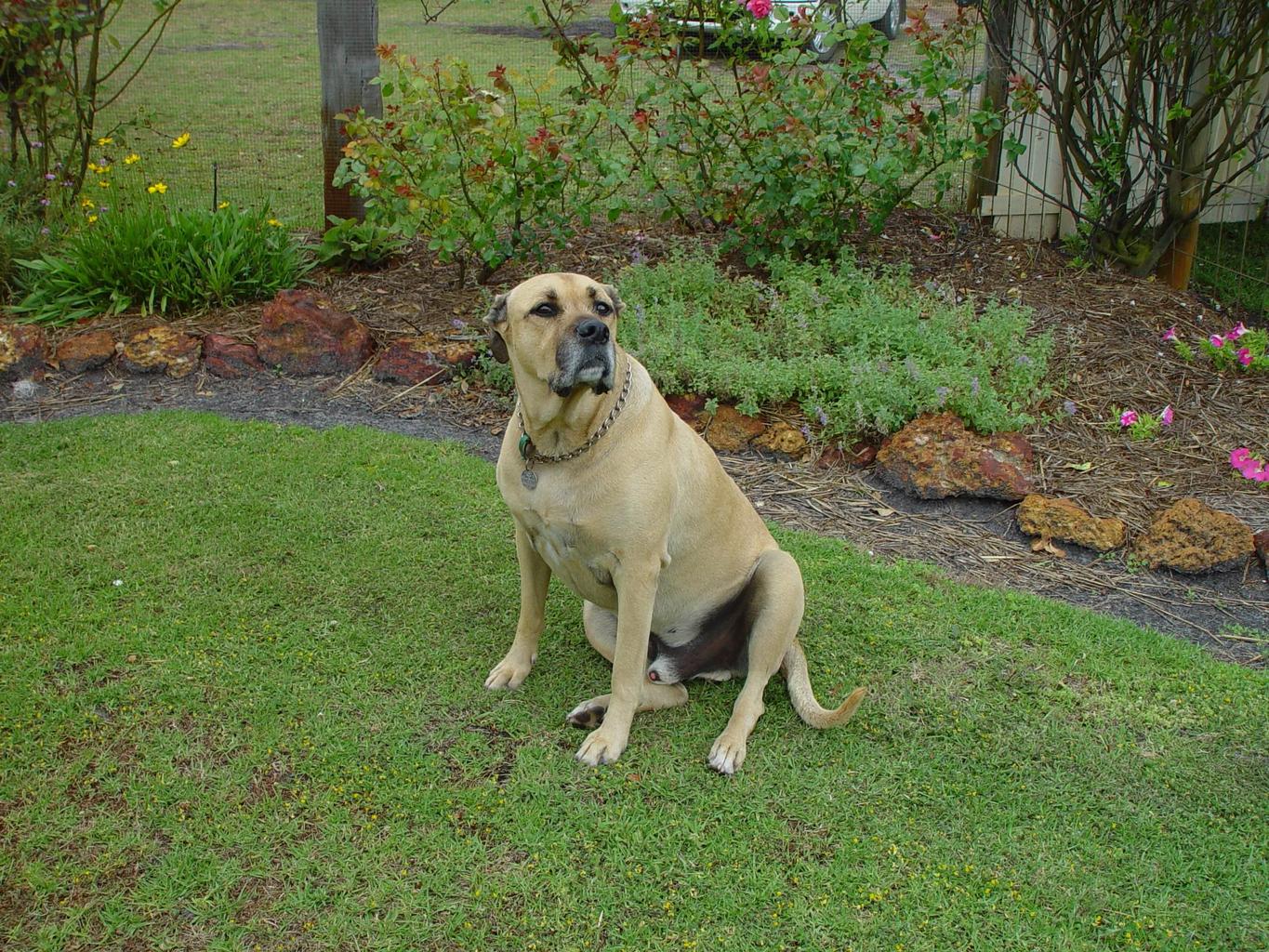Old dogs can indeed learn new tricks! Age should not hinder your senior dog from learning new things and improving their behavior. Training your aging pup can be a fun and rewarding experience for both you and your furry friend. With a few paw-some training tips, you can help your senior dog stay active, engaged, and healthy.
Age is Just a Number: Senior Dogs Can Learn New Tricks!
Just because your dog is getting older does not mean they cannot learn new tricks. In fact, training can be beneficial for senior dogs in many ways. It can help keep their minds sharp, improve their physical abilities, and provide them with mental stimulation. However, when training your senior dog, it is important to take things slow and not expect too much from them. Start with simple commands and gradually work your way up. Be patient, consistent, and use positive reinforcement techniques such as treats and praise.
It is also important to consider any physical limitations your senior dog may have. For example, if your dog has arthritis, avoid high-impact exercises and opt for gentler activities such as swimming or walking. Additionally, if your dog has hearing or vision loss, use hand signals or touch cues instead of verbal commands. By adapting your training to your senior dog’s needs, you can help them learn new things while also keeping them safe and comfortable.
Fetch These Tips for Training Your Aging Pup!
When it comes to training your senior dog, consistency is key. Try to establish a routine and set aside regular training sessions. Keep training sessions short and enjoyable, and always end on a positive note. You can also try incorporating training into your everyday activities, such as teaching your dog to wait before crossing the street or to sit before entering or exiting the house.
Another paw-some training tip for senior dogs is to use interactive toys. Toys that dispense treats or require problem-solving skills can provide mental stimulation and help keep your dog engaged. Puzzle feeders and Kong toys can be great options for senior dogs, as they can help promote healthy eating habits and keep your pup entertained.
Finally, don’t forget to have fun with your senior dog! Training should be a positive experience for both you and your furry friend. Celebrate your dog’s successes and be patient with their mistakes. With a little patience, consistency, and creativity, you can help your senior dog learn new things and enjoy their golden years to the fullest.
Training your senior dog can be a fun and rewarding experience for both you and your furry friend. By using these paw-some training tips, you can help your aging pup stay active, engaged, and healthy. Remember to take things slow, adapt your training to your dog’s needs, and always stay positive. With a little patience and perseverance, your senior dog can learn new tricks and enjoy their golden years to the fullest!







